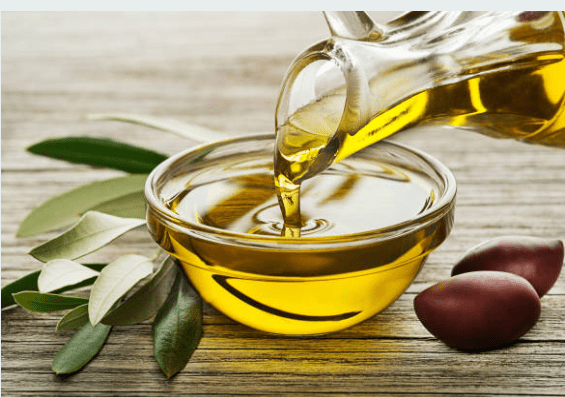Contemplation: How Did Ustaadh Abu Hakeem As-Salafi [Bilaal Davis (hafidhahullaah)] Accept Islaam?!
In The Name of Allaah, The Most Merciful, The Bestower of Mercy.
Some children asked us – just few minutes ago- to help them with their homework on the topic: “How People Converted to Islaam In The Past and In Our Era”. The first two people who came to our mind were Ustaadh Abu Talhah [rahimahullaah] and Ustaadh Abu Hakeem [hafidhahullaah]. We searched and found this article for the children, but also thought that it can be a reminder for all of us. May Allaah keep us all upon Salafiyyah Aameen.
Question one: When did you become Muslim? Answer: I entered Islam in the summer of 1991.
Question two: How did your family react to it?
I was born into a Jamaican family, and it is well known that most Jamaicans are quite staunch Christians. Though my parents were not strong practising Christians our family was raised on Christian ethics. My father was of a seventh day Adventist background and they are known to be a Puritan Christian denomination. Since I was heavily involved in gang culture anything that could take me away from that was welcomed by my family. I think though, that they initially thought it was a phase I was going through and I would leave gun culture due to it and then probably eventually leave it.
Question three: Has anyone in your family become Muslim since your reversion? If yes then how did you feel?
Yes. My father embraced Islam while I was still a student in the Islamic University of Medina. He suffered from diabetes and became very ill and was admitted into hospital while I was in the second year of my study in the faculty of Hadeeth. I was given leave to return to England so I returned with the mission of giving my father da’wah. I knew that my father was receptive to the da’wah before I even went away to study. That was because when I used to speak to the family about Islam he would be in the room and would silently listen. What I know of him is that if you would disapprove of something then he would let his disapproval be known. Also due to his seventh day Adventist background, I knew that he would be more appreciative of the pure monotheistic message of Islam and the Qur’an. So I returned and began to give him da’wah and call him to Islam, it didn’t take long for him to accept the message though he found difficulty speaking. And so he embraced two weeks before he passed away Al hamdullillah and may Allaah have mercy upon him. When I informed Shaikh Ubaid of the good news he was extremely happy and named him Ahmad. Though it greatly affected that year of study in the faculty (as I had to stay in England much longer than the time that was given to me) this is a drop in the ocean compared to the great good that was achieved because of it. I also have three brothers and two sisters who are all older than me. My brothers have said that after them hearing the da’wah, if they were ever to become religious than they would embrace Islam so I make du’a that Allaah guides them all.
Question four: What made you want to leave the life you once led?
Since the age of 12, I was involved with the largest most notorious gang in Birmingham at the time known as the inch-I crew. Inch-I (who went on to become the now well-known Johnson Crew) controlled the North West corridor of Birmingham, but its members were feared citywide. After years of gang affiliation I was eventually imprisoned due to gang related offenses. Looking back I consider this to be the beginnings of my step towards being guided. Although I didn’t get da’wah in prison, I did get long periods of reflection. I also did a lot of reading and studying in general and thus my frame of mind was altered. After release I decided to look for a close companion of mine who I was imprisoned with, who was also Inch-I and who was one of the few inmates in that prison, who like me, came from Birmingham. Rumour had it that he had gone mad after his release so I took it upon myself to try and find him. When I eventually came across him, I found him wearing a Pakistani salwar khamees and a koofi and then realised why people were saying that he had gone mad. Knowing that he wasn’t un-intelligent, I decided that I would look into exactly what had come over him. I invited him to my home and he brought a number of books with him among them a Qur’an. He began to speak about the ‘truths’ that he had discovered, the errors in the Bible, various prophecies, the call of the prophets and the realities of death. He clarified biblical misconceptions that I had always queried, and established concepts that I had always thought to be correct. Then he left the Qur’an with me and other books which I began to read. From the first things that I did was that I stopped drinking intoxicants. With a clearer head I was able to fully grasp the concepts that were present in Qur’an. I was struck by how powerful the book was, its message and wording, and I used to wash before reading it which increased the feeling of awe that I had for it. It was not long until I began to debate with people as though I was Muslim but I had not yet embraced Islam.
Source: An Excerpt from As-Sunnah Newsletter 2010. salafitalk.net



